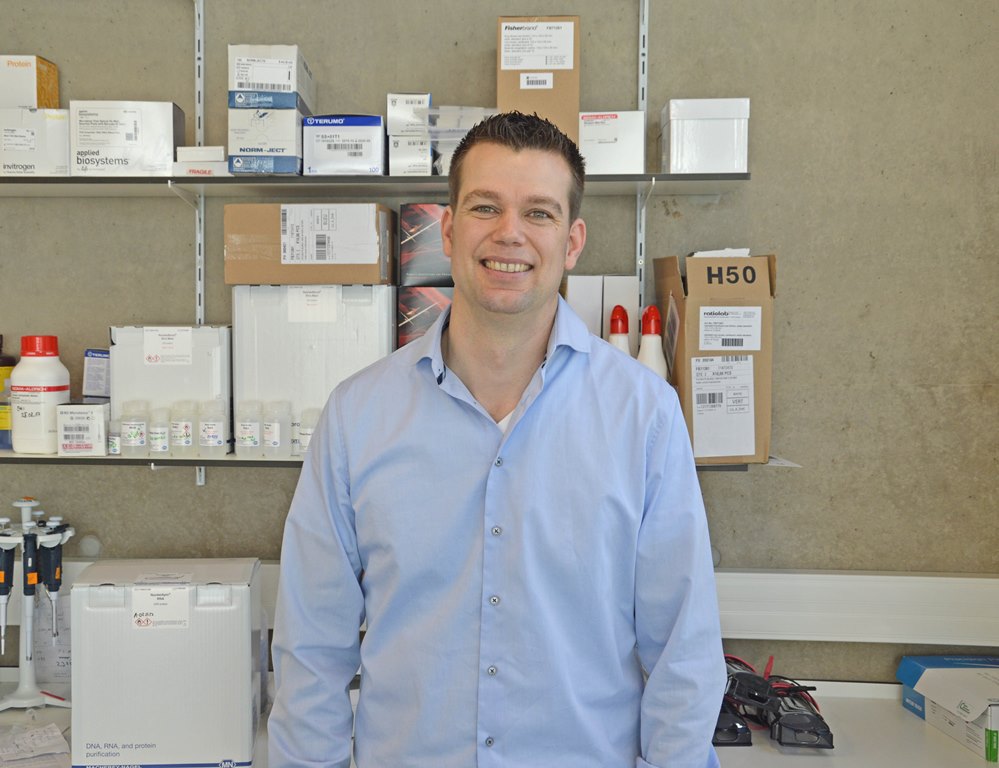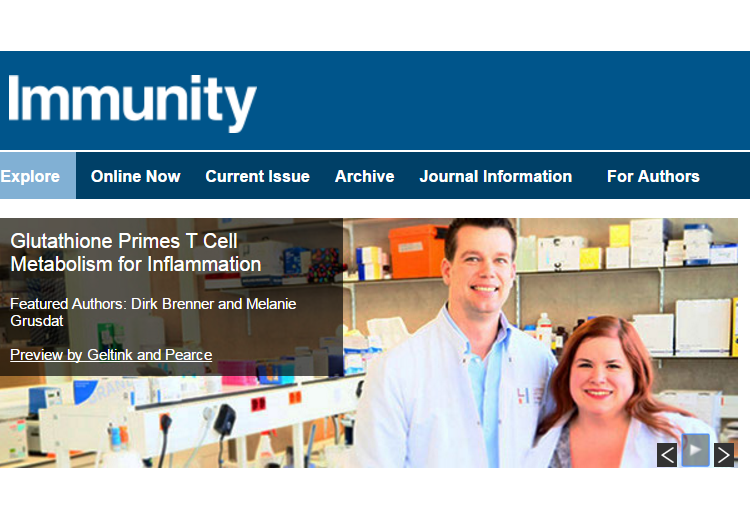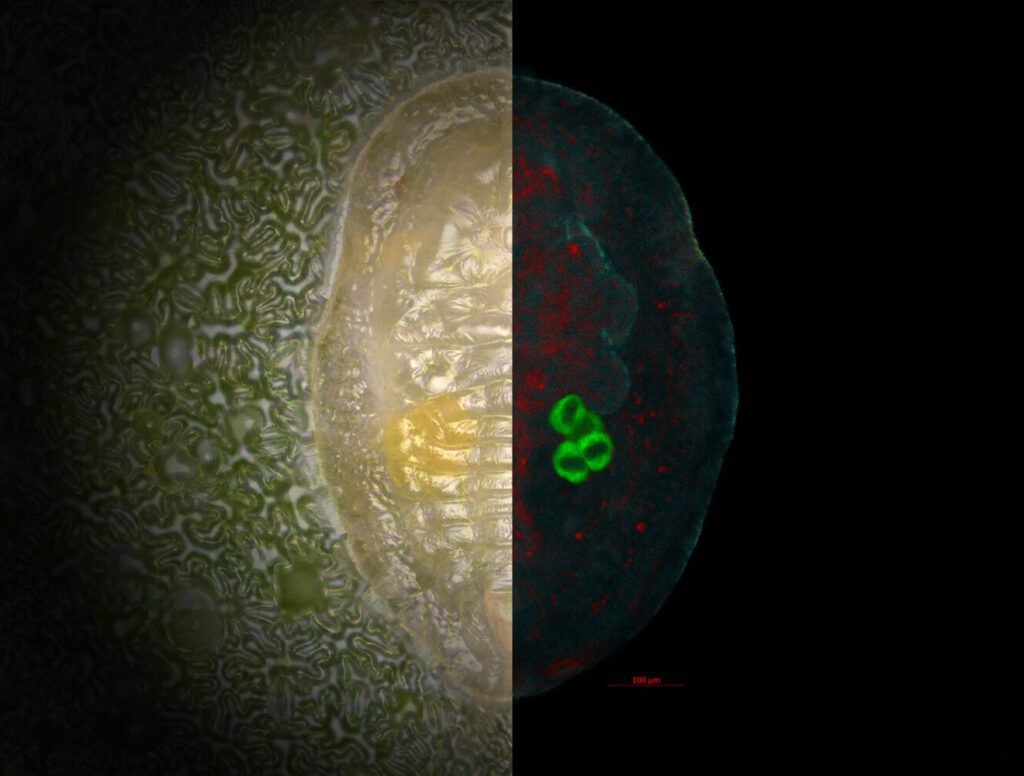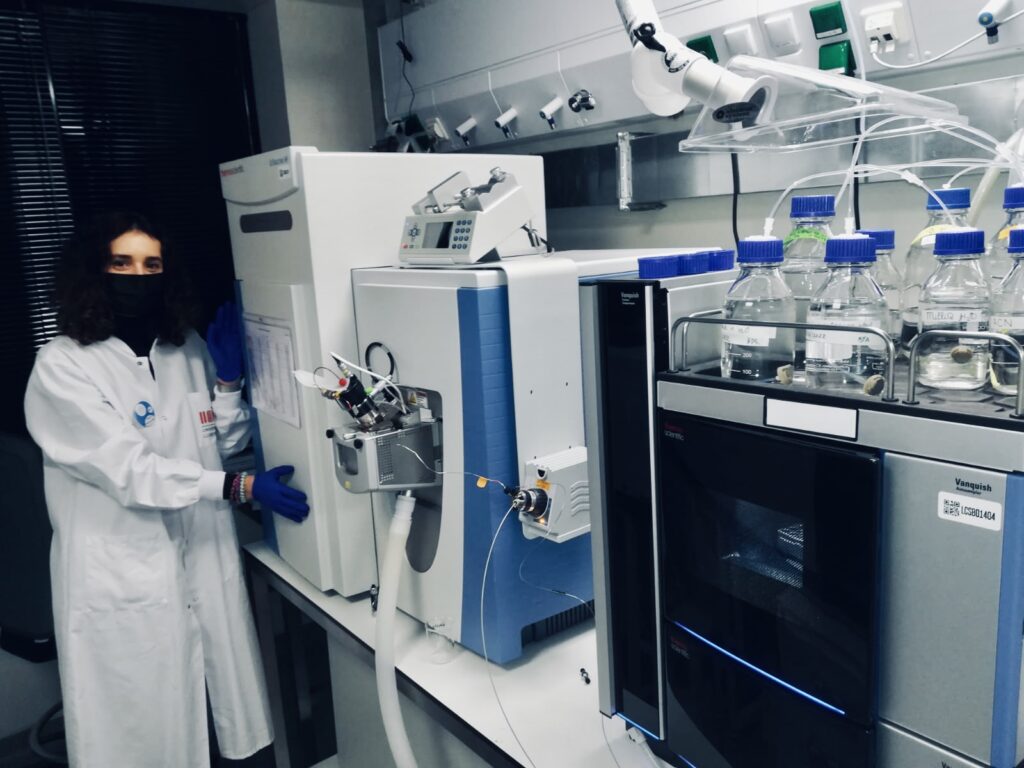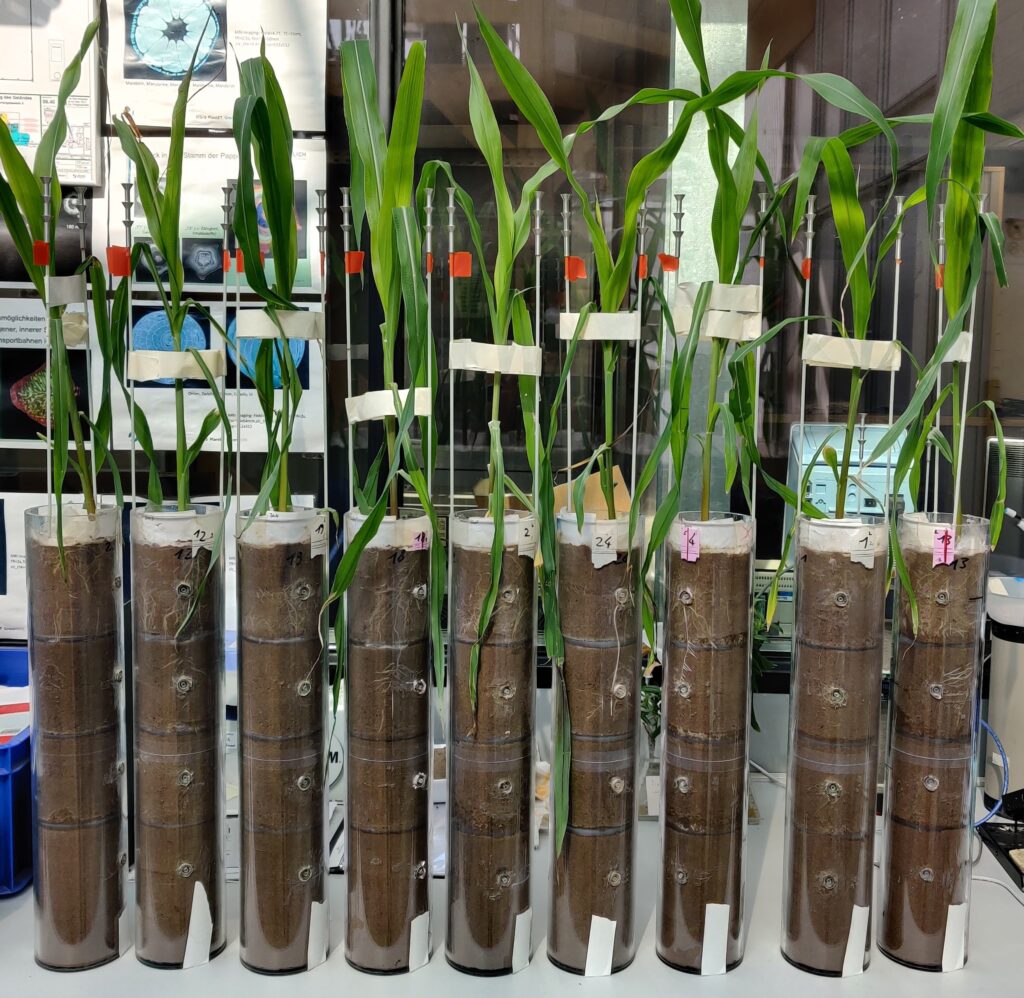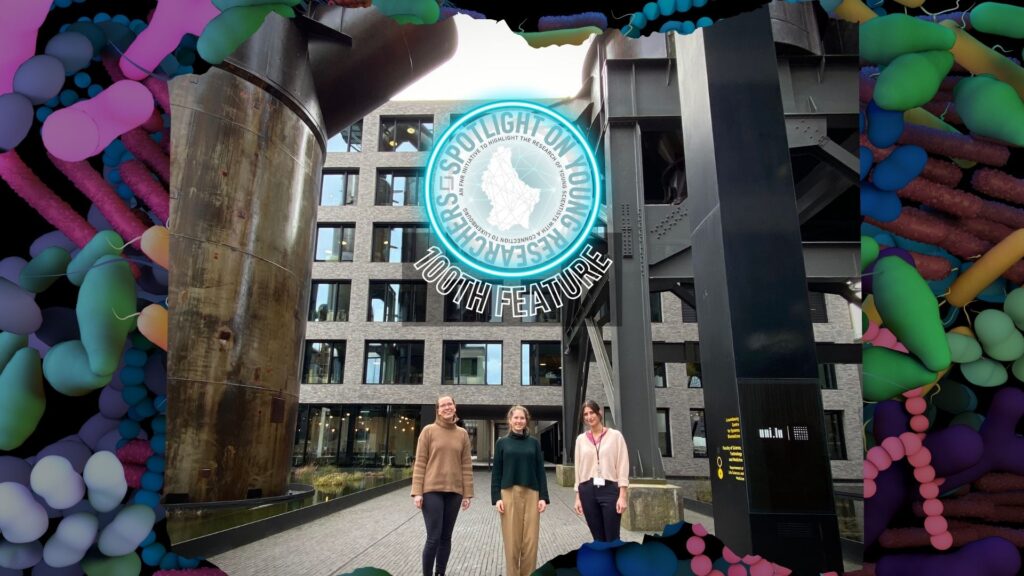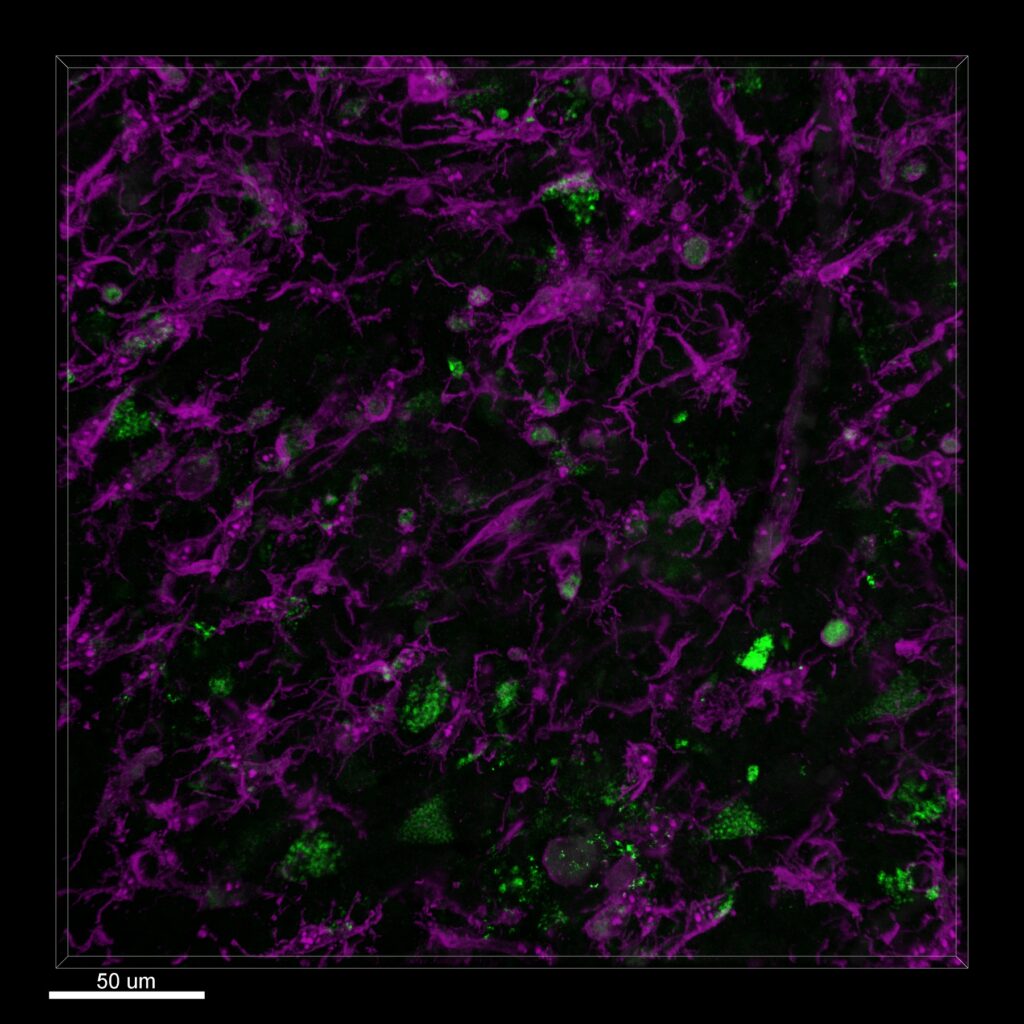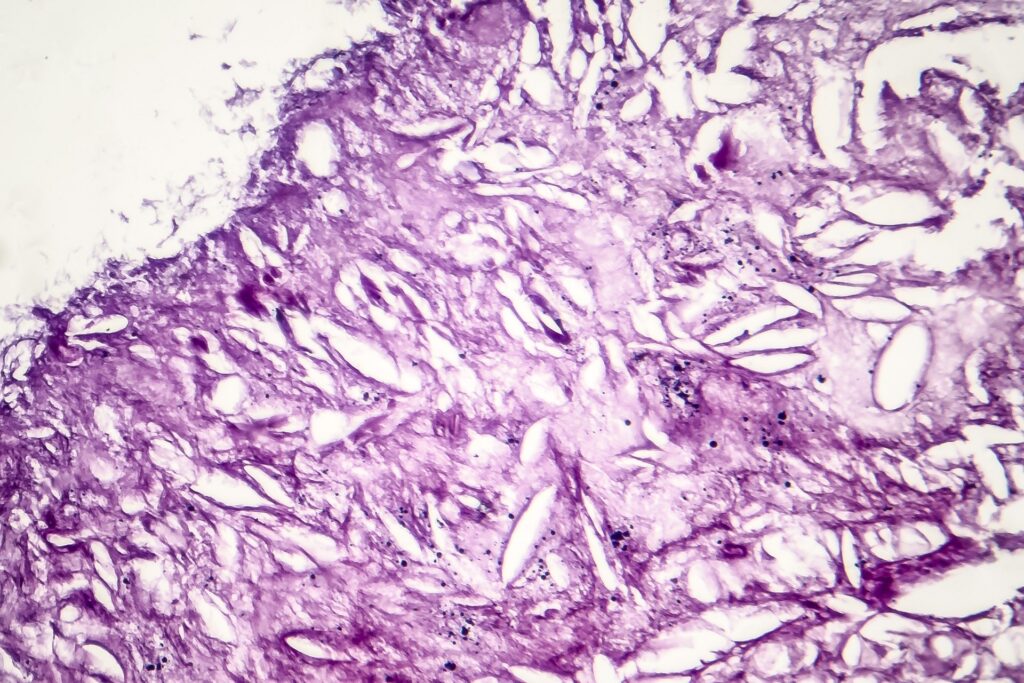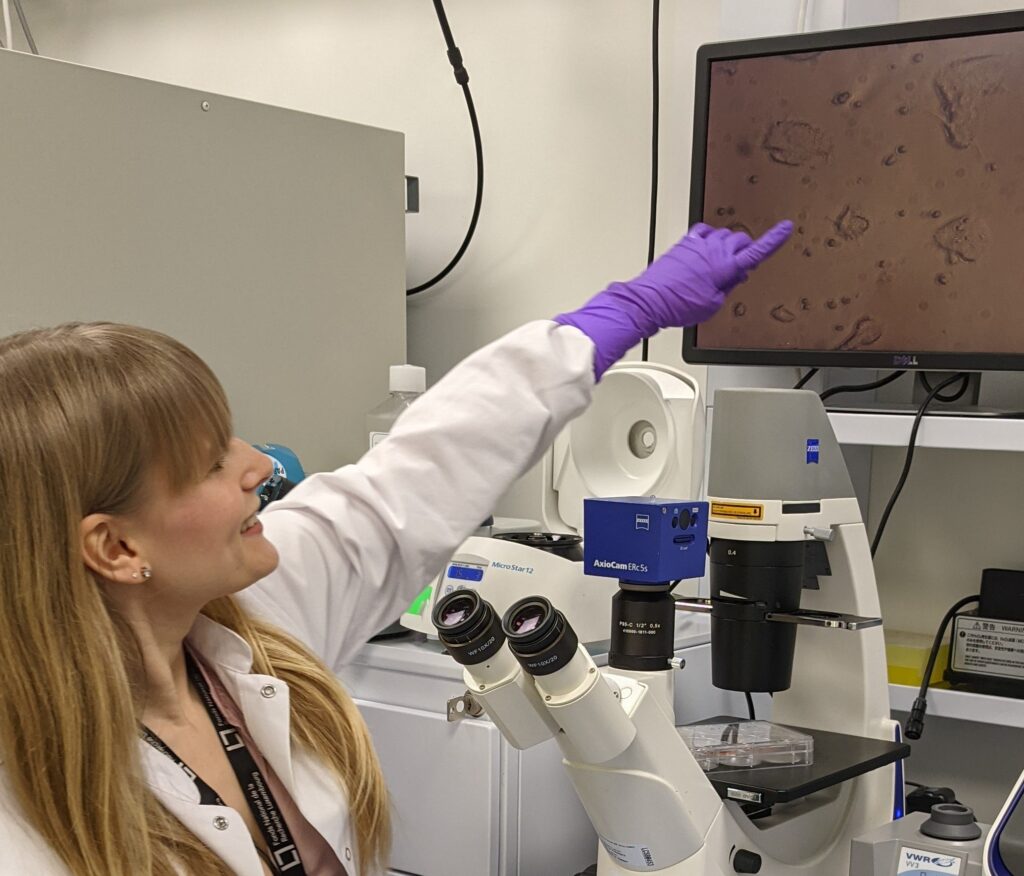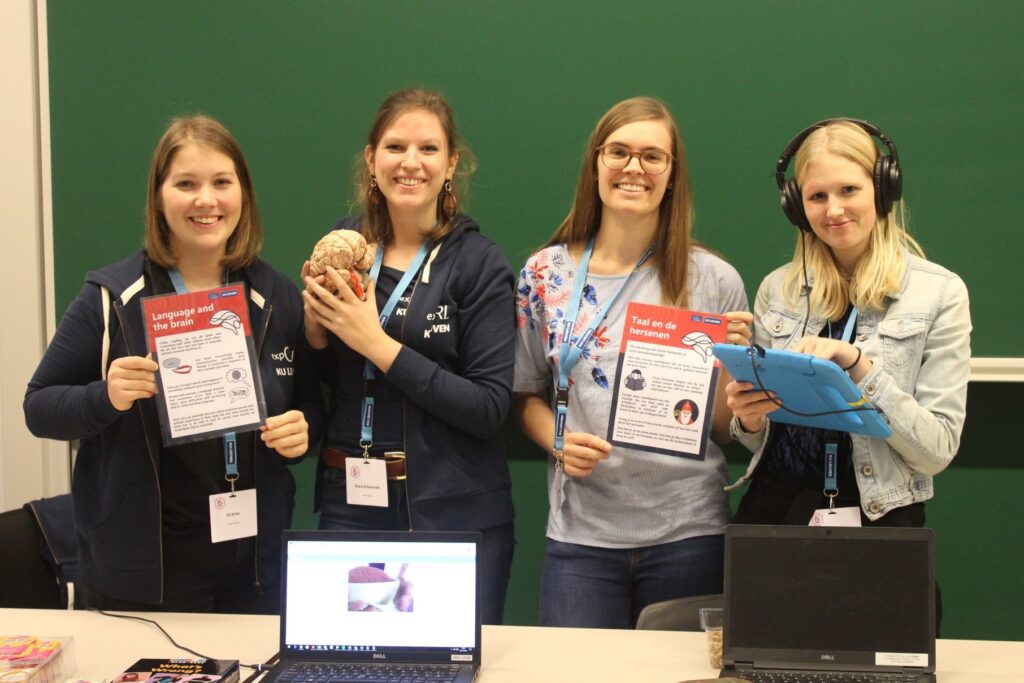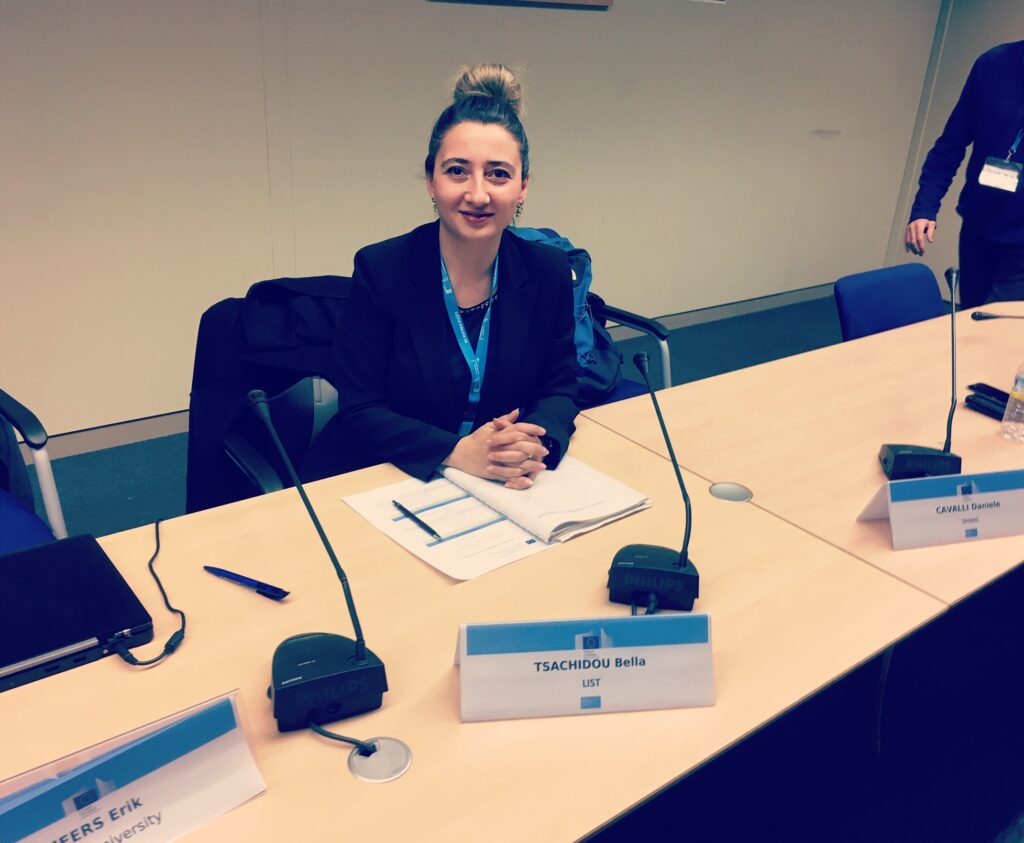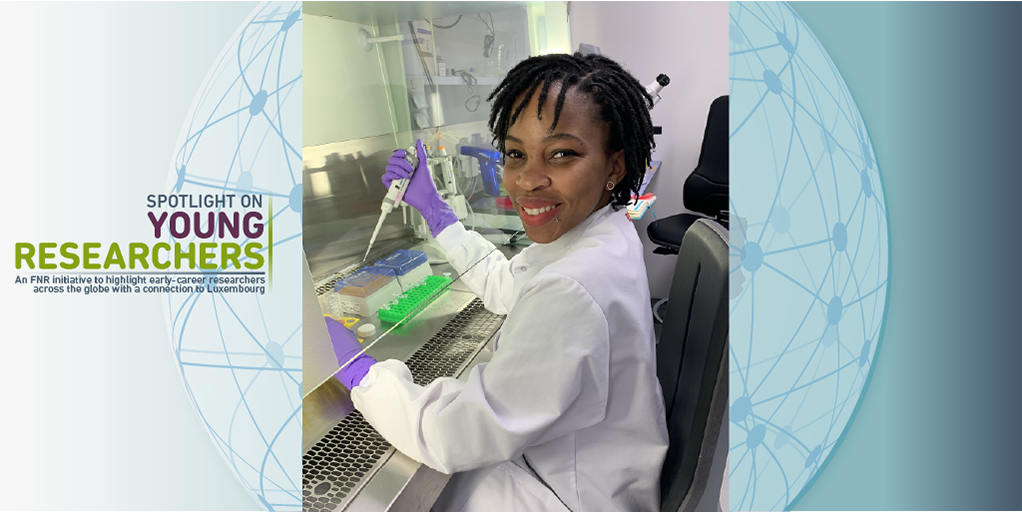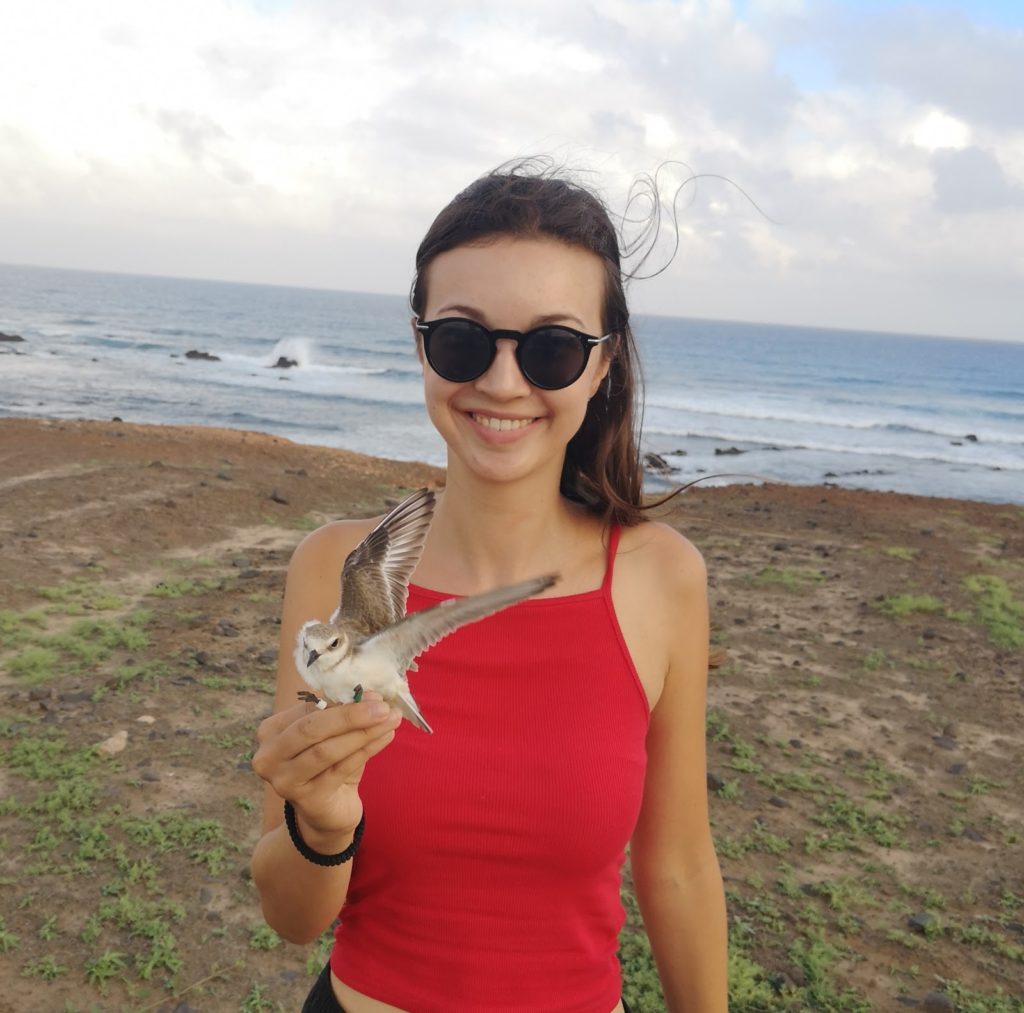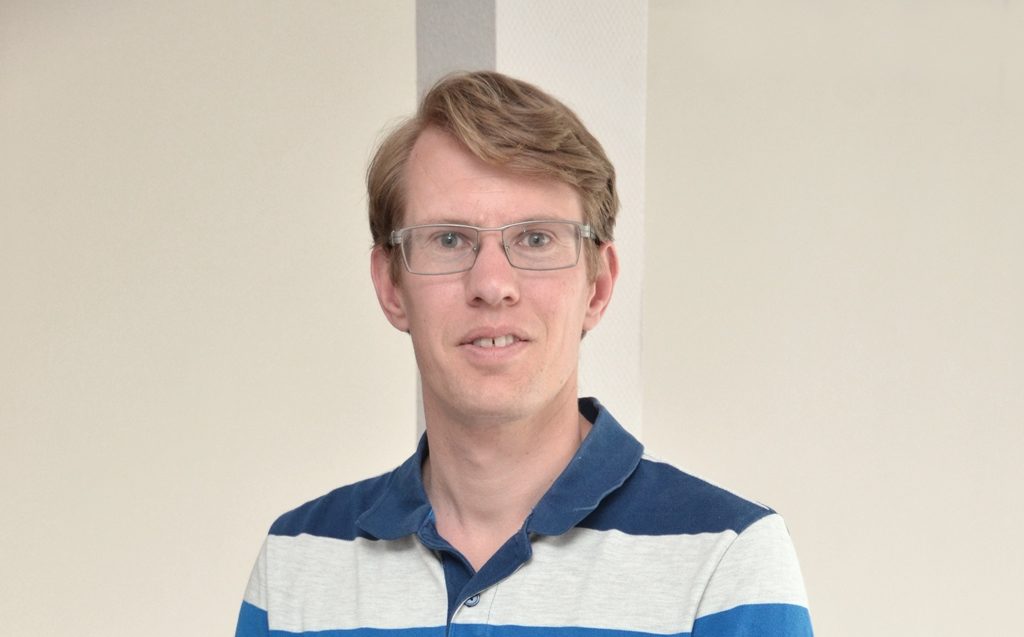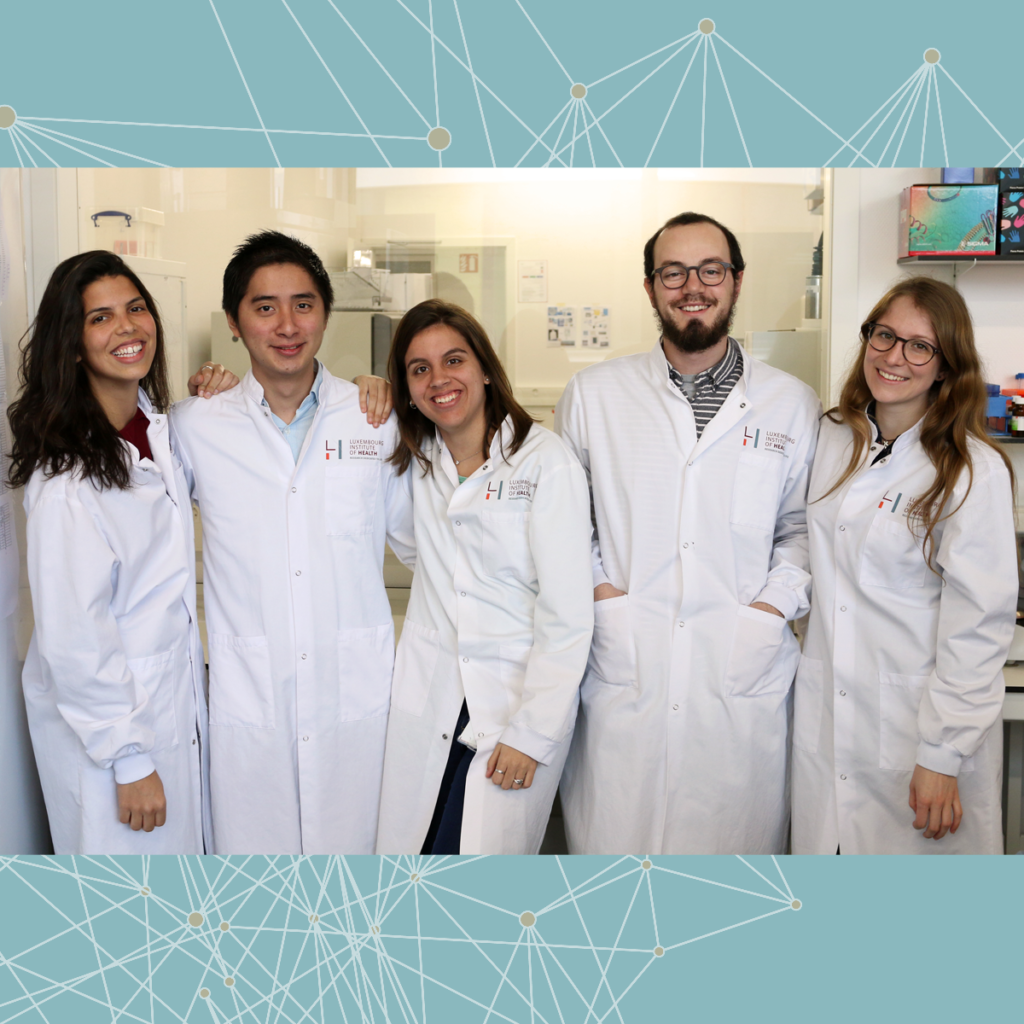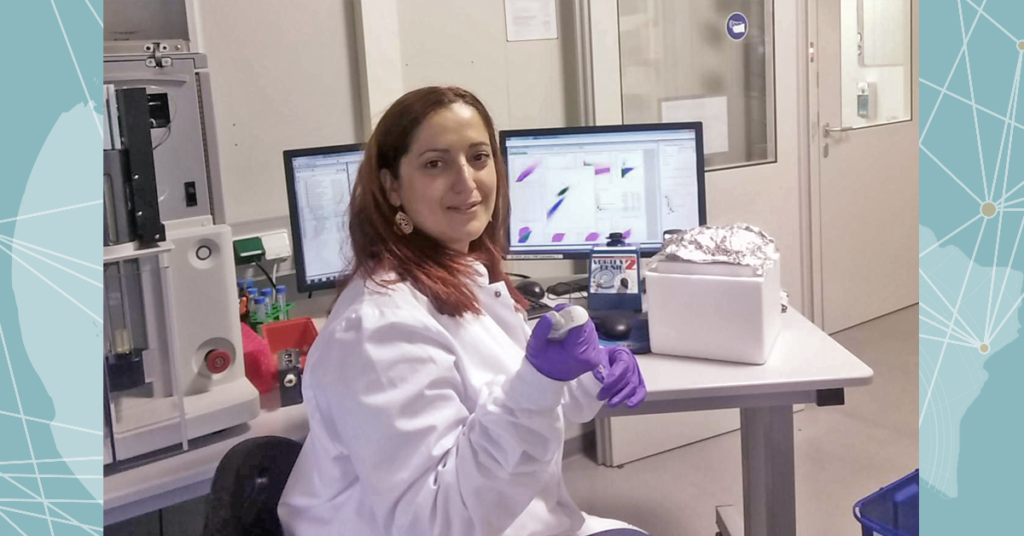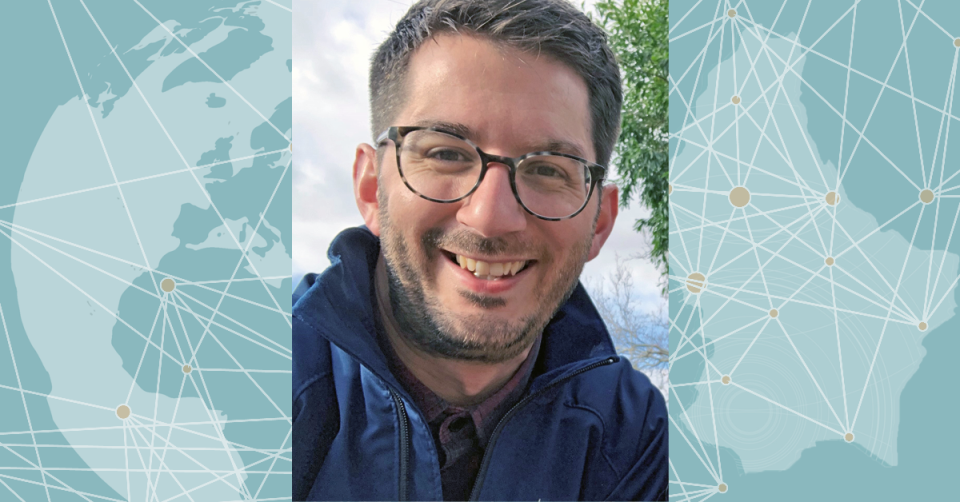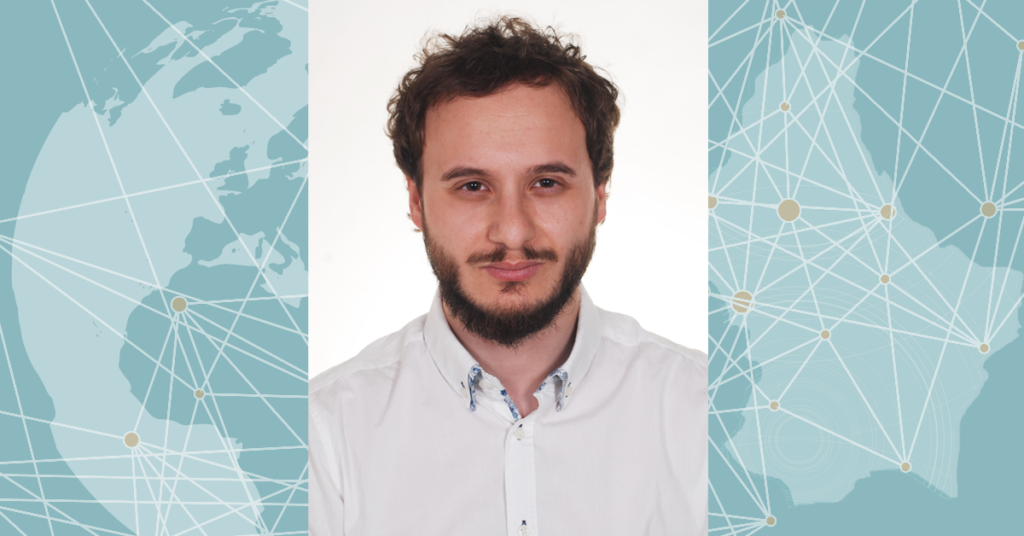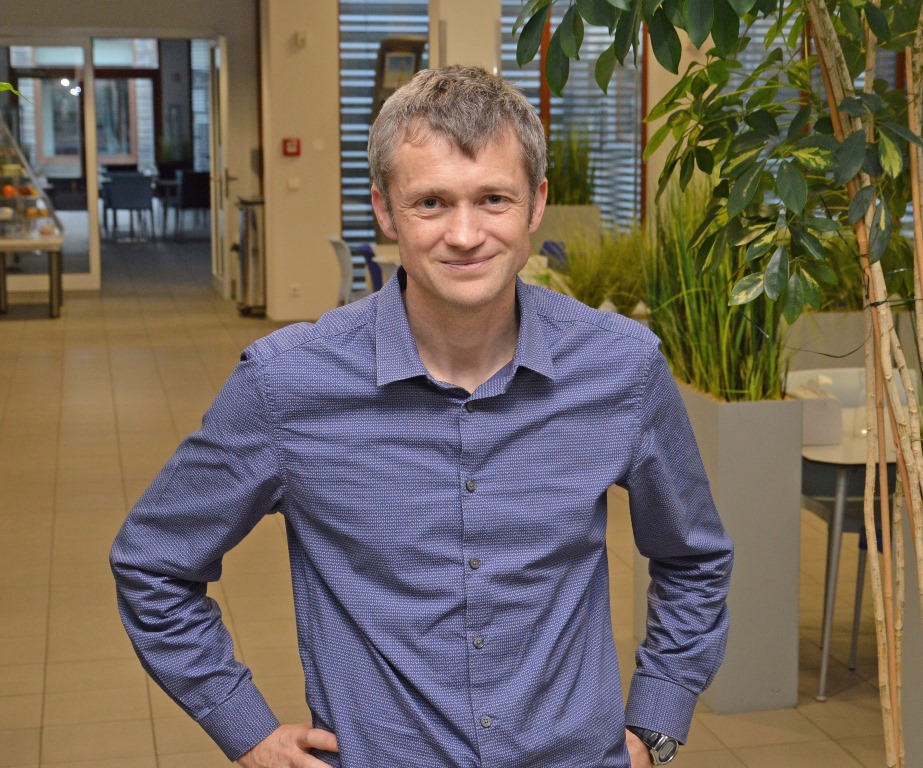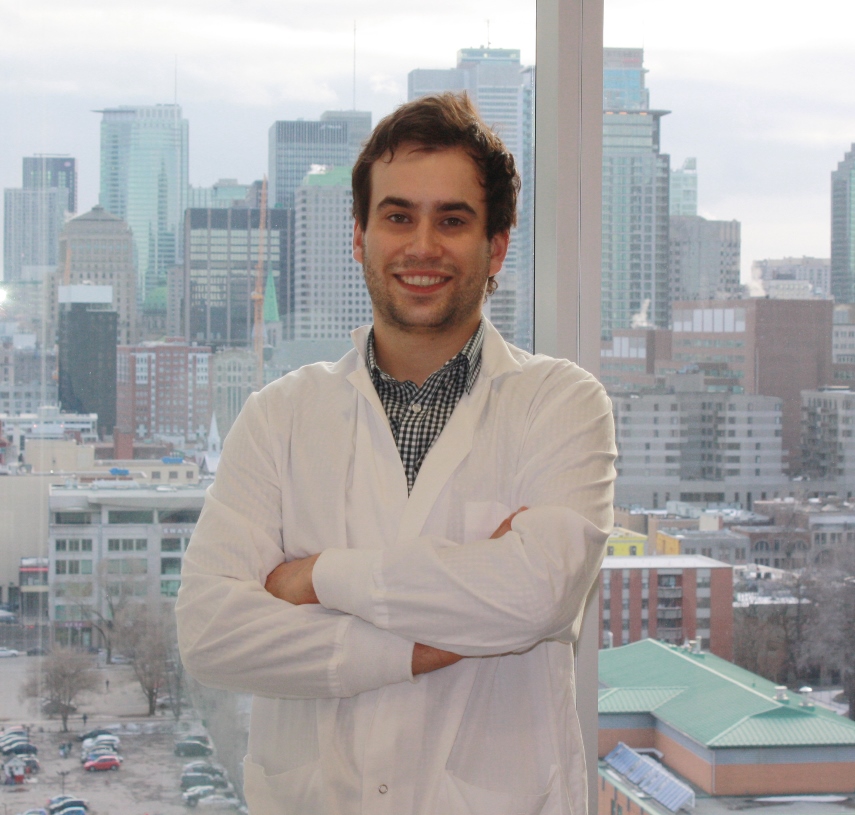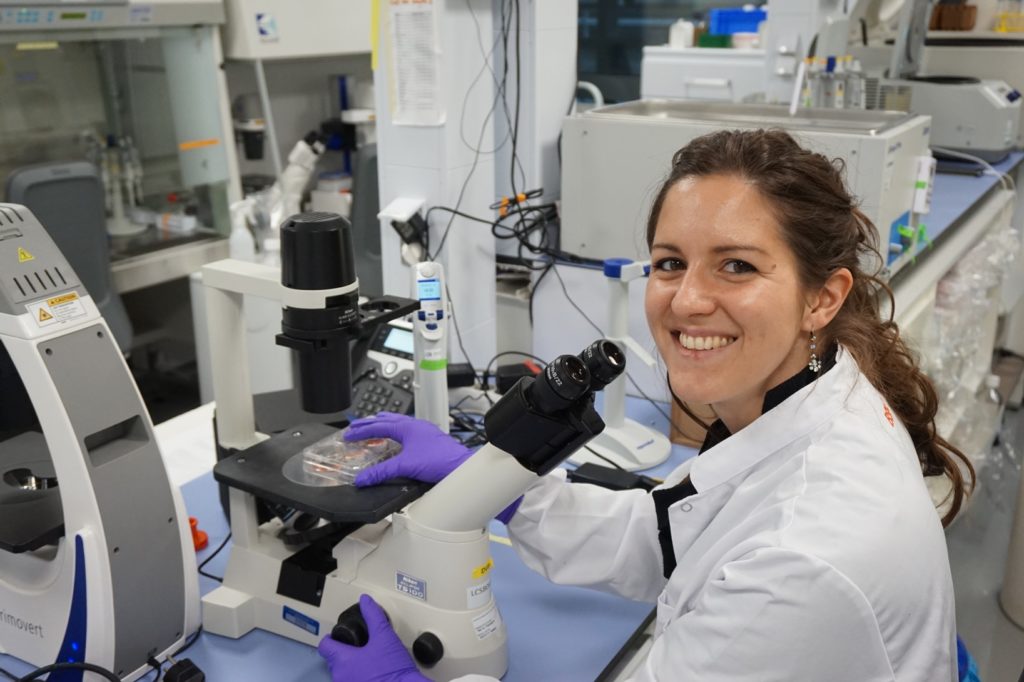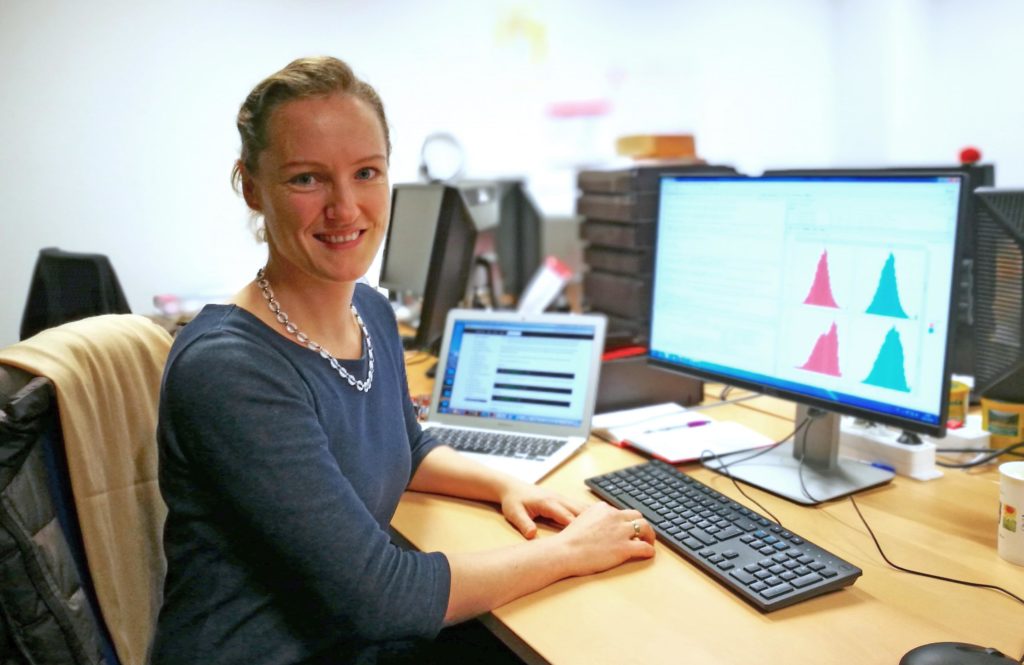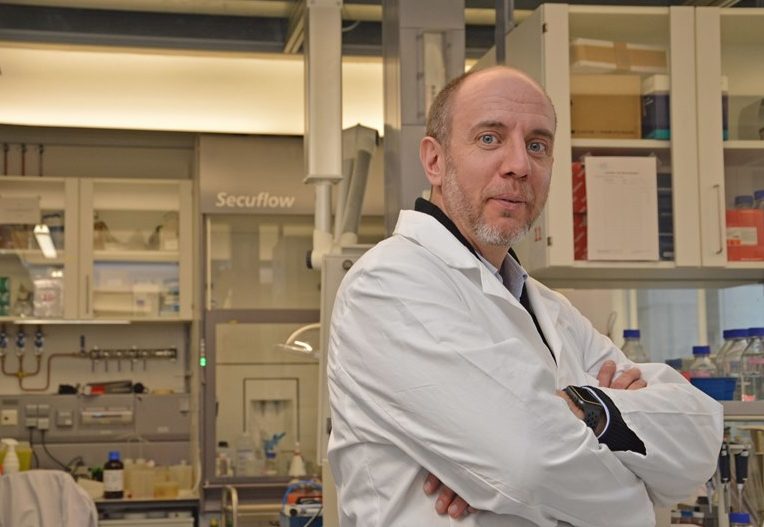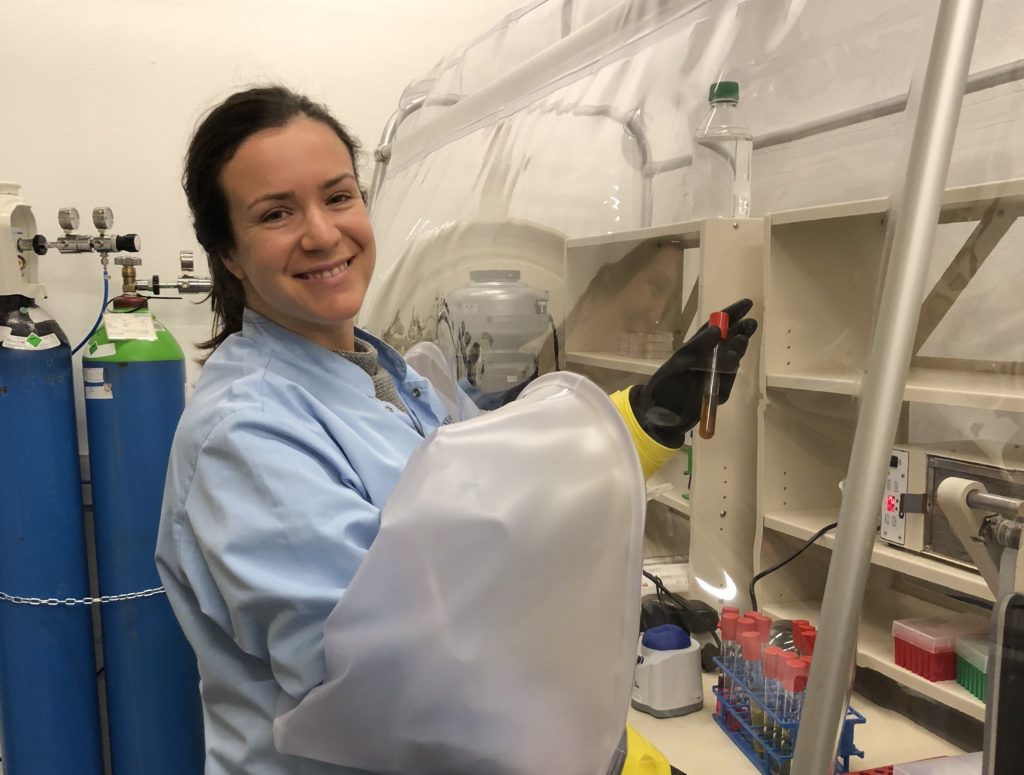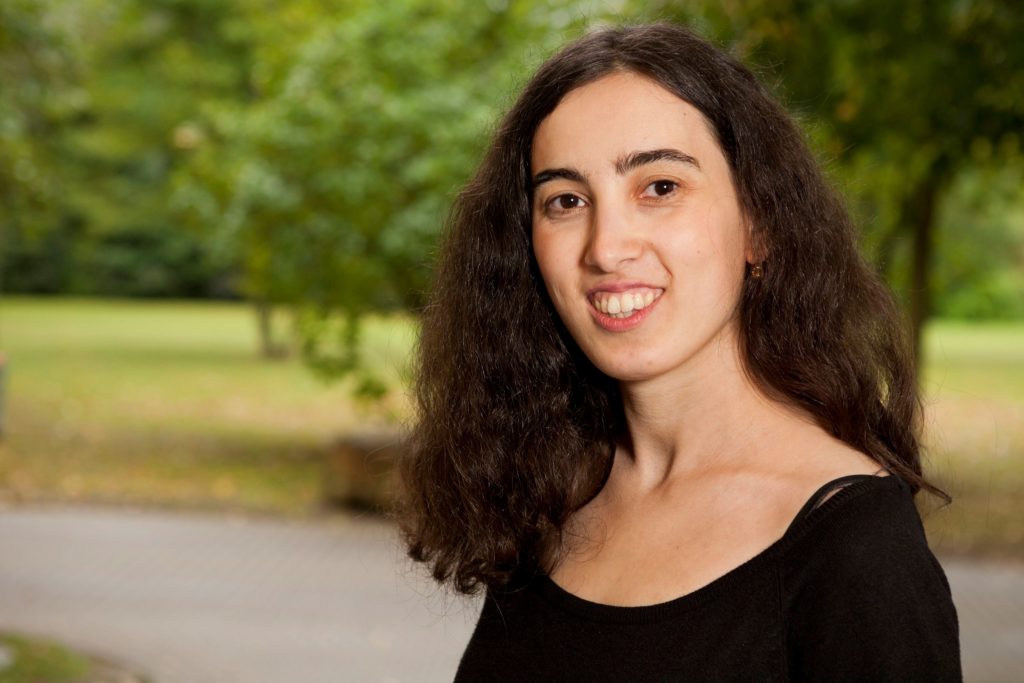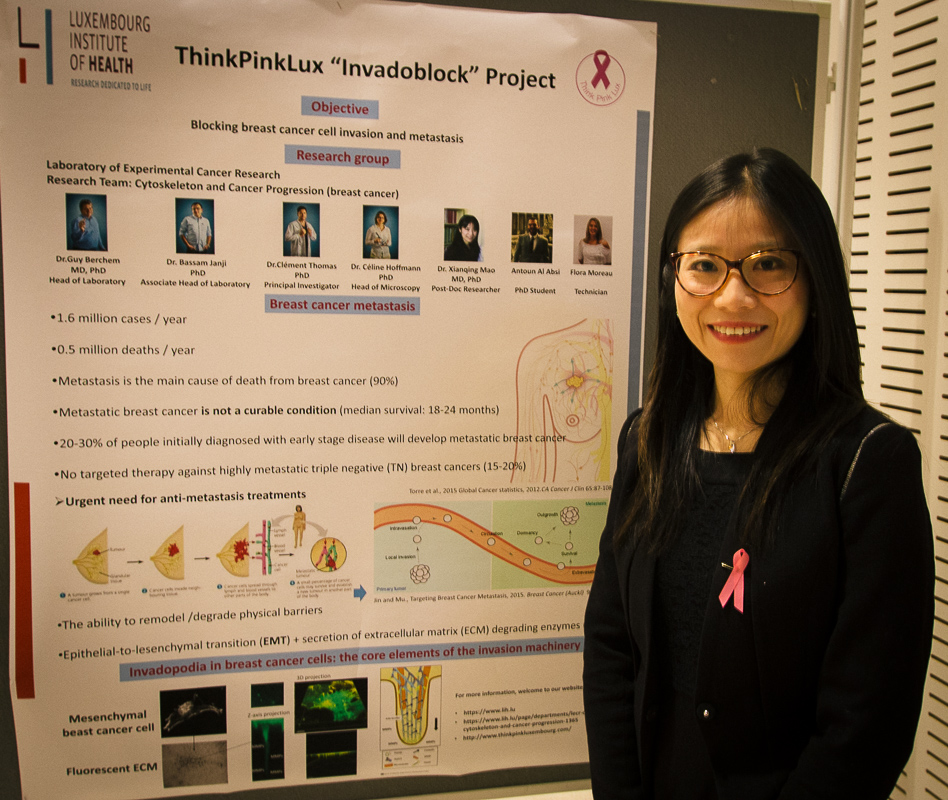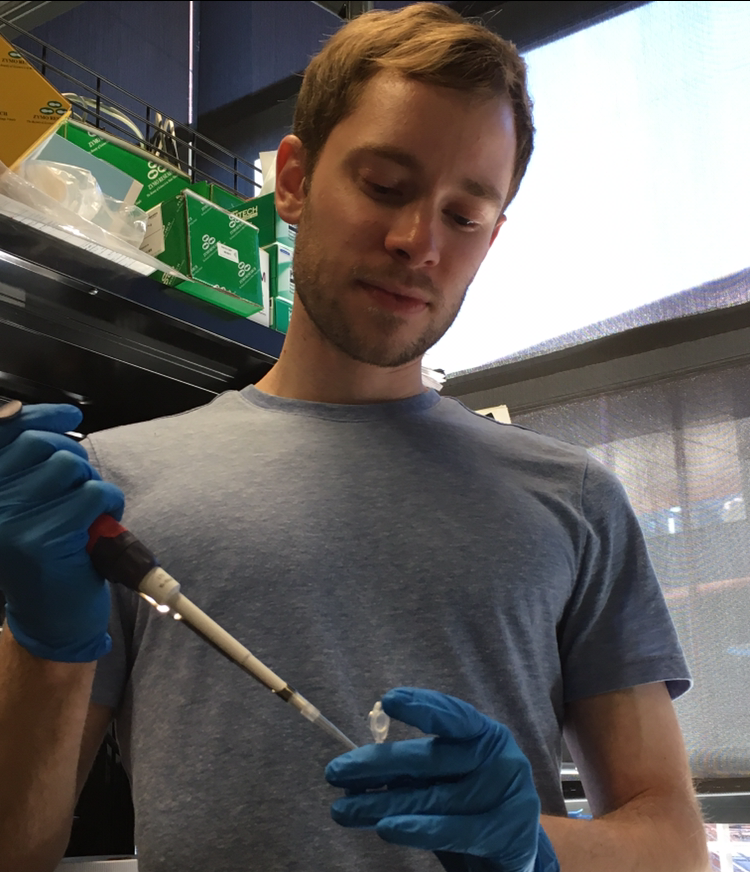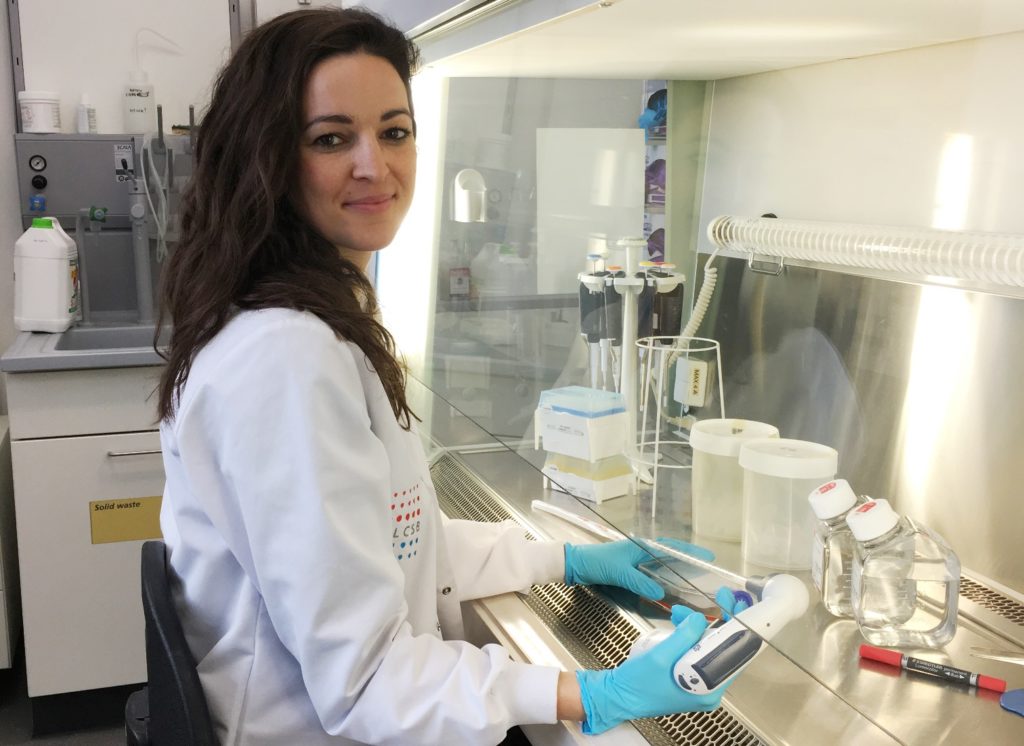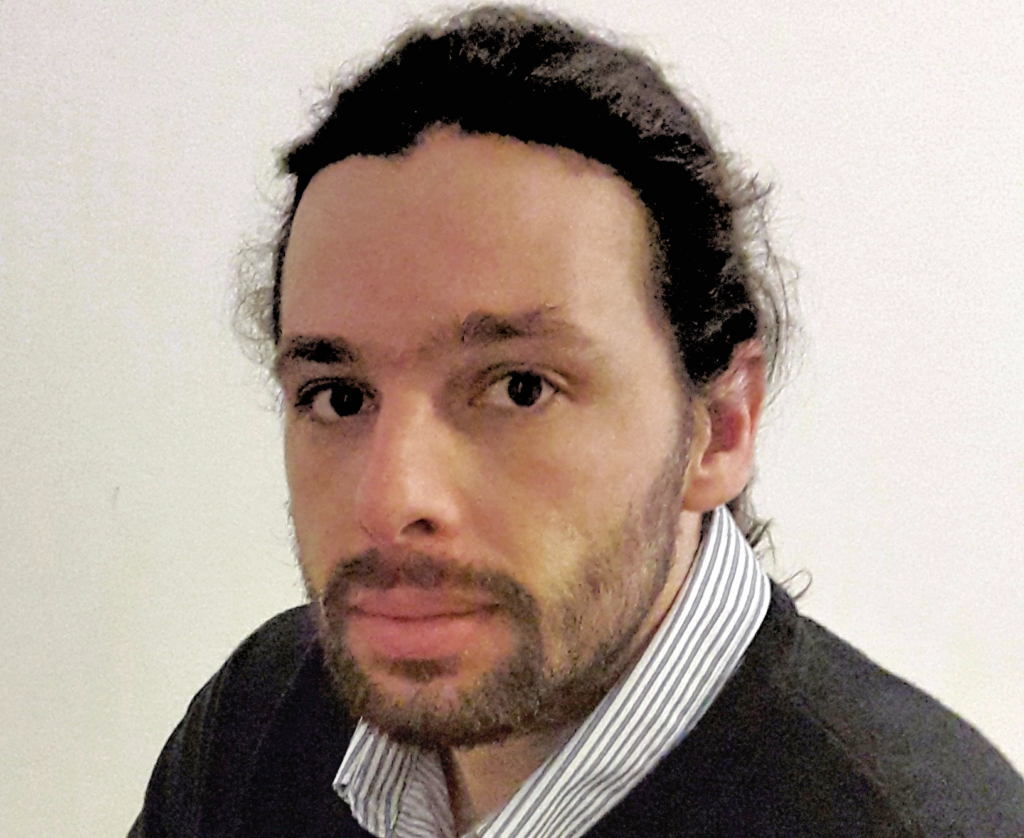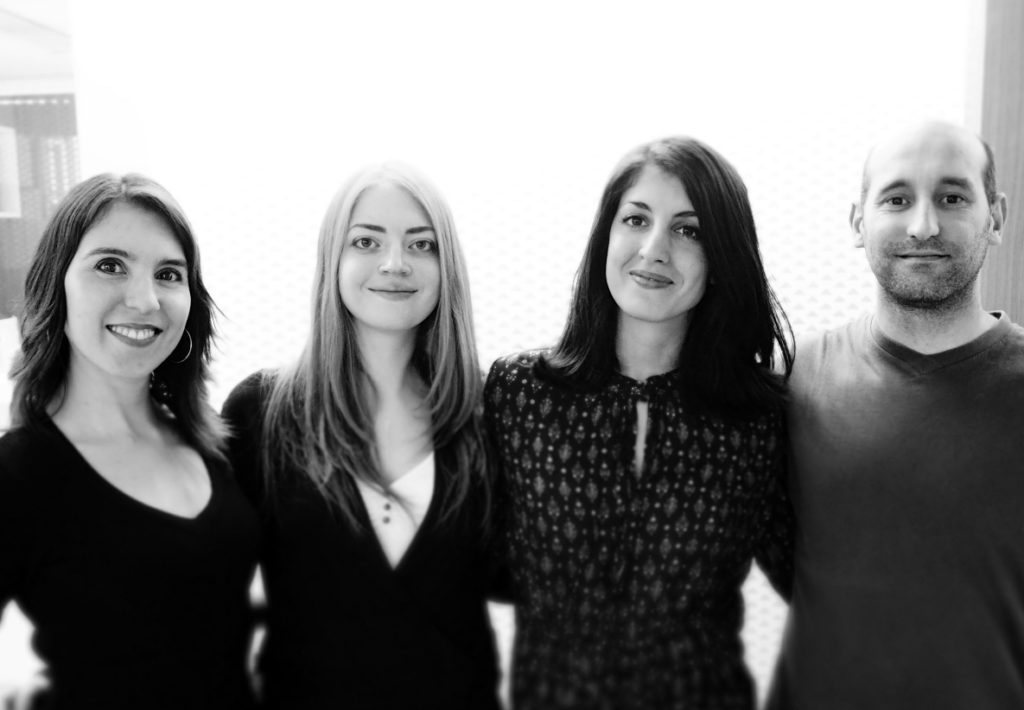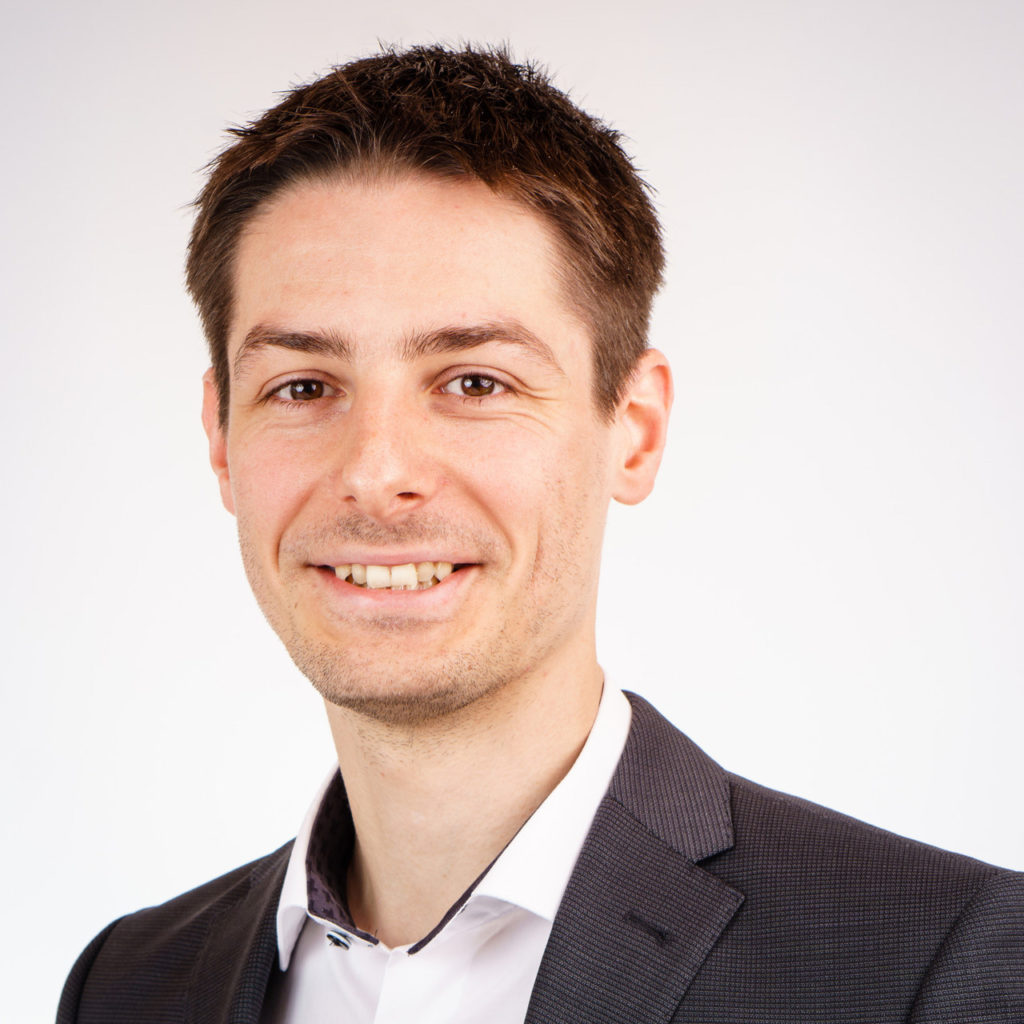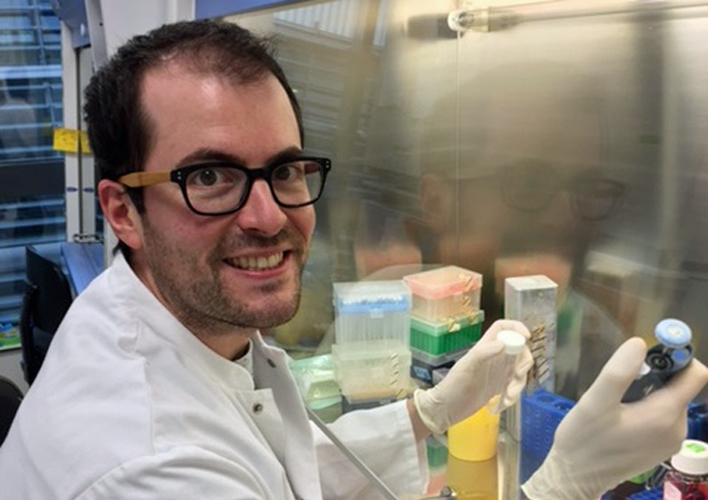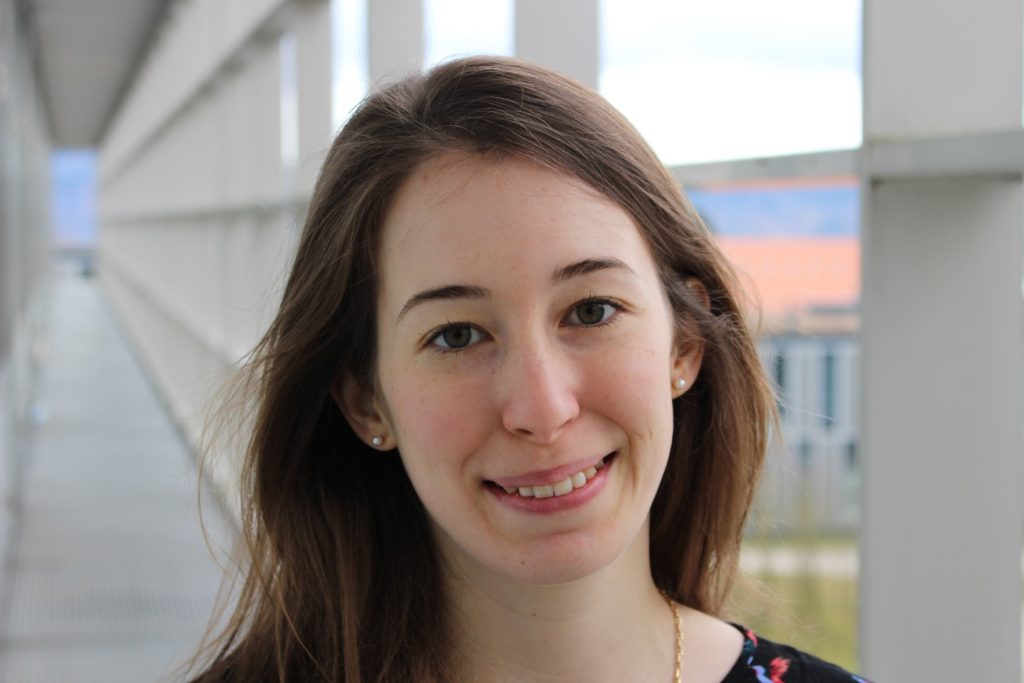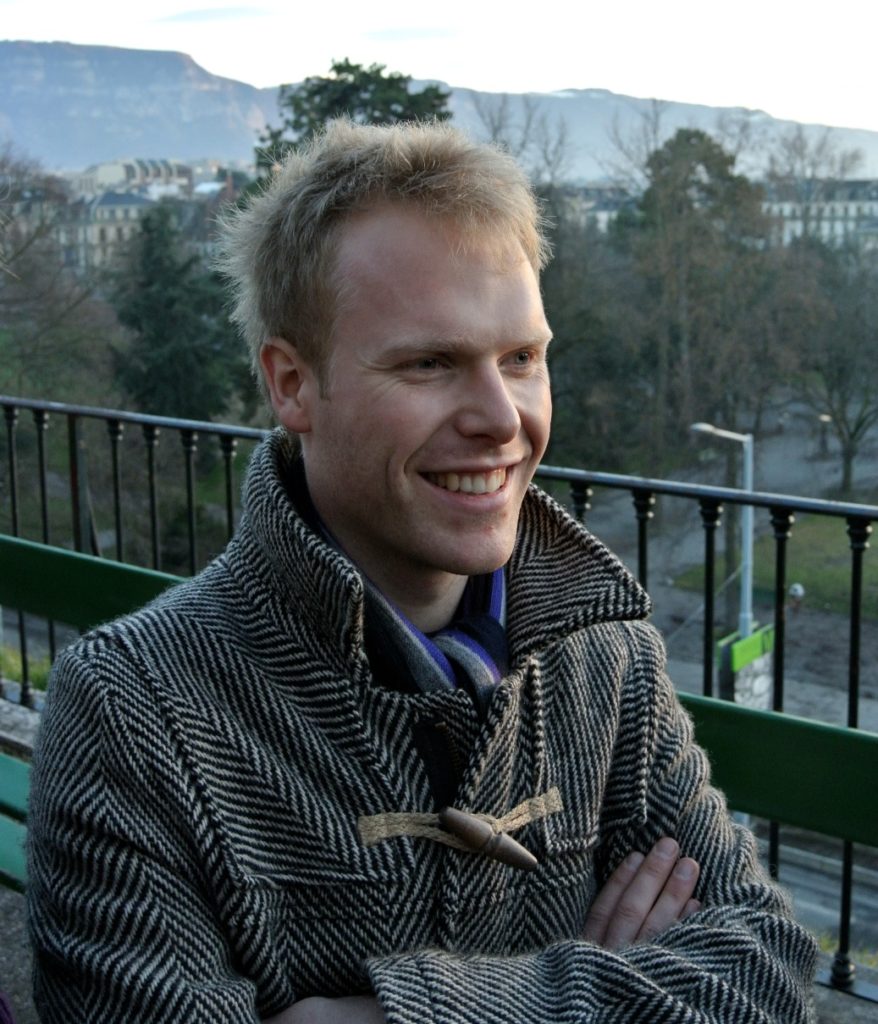
The immune system enables the body to fight off illness – but if it works too little, or too much, this can lead to anything from inflammation, to autoimmunity to cancer. At the Luxembourg Institute of Health (LIH), FNR ATTRACT Fellow Prof Dr Dirk Brenner works on understanding the functionality that underlies a healthy immune system.
“On a very basic level, the immune system works in two different states: one is the activated state, and one the immune quiescent state,” explains Dirk Brenner, who set up the ‘Experimental and Molecular Immunology Group’ at the LIH in the framework of his FNR ATTRACT Fellowship, which brought him to Luxembourg in 2015, adding:
“There is a delicate balance between these two states, which is crucial for healthy body function.”
Prof Dr Brenner explains what happens if this balance is not right: “If one or the other is not levelled out, it results in disease development. For example, if the immune system is too unresponsive, this can lead to the inability to fight infection, and it can also support the development of cancer.
“On the other hand, if the immune system is too reactive, this can lead autoimmune diseases, such as multiple sclerosis or the development of allergies.”
Together with his group members – an international team of PhD candidates, Postdocs, and technicians – Prof Dr Brenner investigates the molecular mechanisms that are involved in keeping this balance and therefore play a role in maintaining healthy body functions.
Discovery with therapeutic implications
The team has, for example, been able to show that the metabolite tripeptide glutathione acts as an antioxidant essential for the metabolic reprogramming of immune cells. Prof Brenner’s team used conditional knockout mice, which lack the catalytic subunit of the enzyme glutamate cysteine ligase (Gclc), to block glutathione production in T cells. In the absence of glutathione, important metabolic regulators and signalling pathways can no longer be activated.
As a result, the gene-deficient mice are protected from autoimmunity, but have a weaker antiviral immune response. The team’s research suggests that modulation of glutathione levels in the cell could have therapeutic implications.
The important findings were published as a featured article in the journal Immunity in 2017[i]. It currently counts as one of the highest ranked articles ever published by a Luxembourgish group. In recognition of the discoveries of Prof Brenner and his group, Prof Brenner received the 2018 Science Award by the Signal Transduction Society (STS) for his outstanding work in the field of immunometabolism.
Strong team and international network crucial
Dirk Brenner’s group has come far since he started creating it from scratch when he arrived in Luxembourg in 2015 after his six+ year research stay in Canada. With around ten people, Prof Brenner has built a strong team, something he stresses is hugely important: “We work together really well – and across all the projects – which is not only a great motivator, but also increases our efficiency and scientific output.
“In the end, good scientific ideas and scientific support is one thing, but you also need good people, team spirit. Basic research can be frustrating – you have all of these interesting ideas, but 90 – 95 percent of them don’t work out, so you have to enjoy what you are doing to find a way to work through this frustration.”
Prof Brenner also highlights that networking and international partners is a key ingredient in good science, especially for projects that are complex and require many strengths.
“Networking is the essence of research, especially if you want to do it on a high-impact level. Studies have reached such complexity that, in most cases, a single research group alone cannot do everything. That is why it is crucial to have a significant international network – you have to know whom to trust, who is your friend and who your competitor,” Prof Brenner explains.
Intrigued by the opportunity to build up something new
Before embarking on his ATTRACT Fellowship, Prof Dr Brenner spent time as a Postdoc in Toronto, Canada, where he worked alongside renowned scientist Prof Tak W. Mak, who discovered the T-cell receptor in 1983.
It was the FNR ATTRACT programme that brought Prof Brenner to Luxembourg – a huge change from working in an established research group. Prof Brenner explains that as what his group works on is quite new in Luxembourg, it was a lot of work to get the group going, but that this challenge was also part of what drew him to the Grand Duchy:
“I was intrigued by the perspective of Luxembourg, because I had not heard about it in terms of it being a science spot, and I was drawn to the opportunity to build up something new.”
Prof Dr Dirk Brenner is Head of the Experimental and Molecular Immunology Group, as well as Deputy Head of Research & Strategy in the Department of Infection and Immunity at the Luxembourg Institute of Health (LIH). Since 2016, he is also Adjunct Professor at the University of Southern Denmark (ORCA Center).
[i] (‘Caught in the cROSsfire: GSH Controls T Cell Metabolic Reprogramming’; Immunity. 2017 Apr 18;46(4):525-527)
This success story originates from the FNR 2018 Annual Report – view the Annual Report as PDF or interactive digital version
ATTRACT
The ATTRACT programme is designed for researchers not yet established in Luxembourg, who demonstrate the potential to become leaders in their field of research. The scheme offers promising junior researchers the opportunity to set up their own research team within one of the country’s research institutions.
DOMAIN: BM – Life sciences, biology and medicine
FNR COMMITTED: 1,990,000 EUR
PERIOD: 01.03.2015 to 29.02.2020




